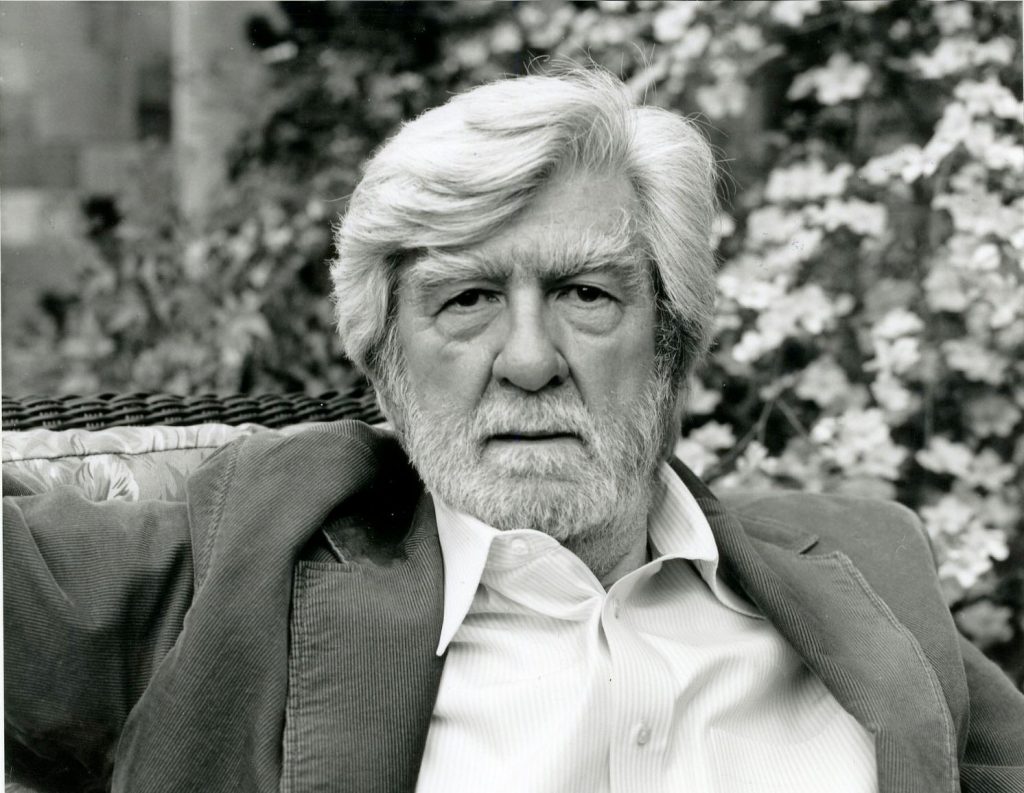BLUE DOVES
I remember a day in Houston, in the death
throes of summer, a young man nailing
a live swan to a tree in the posture
of the Christ in an argument with beauty.
There was a picture in the paper, front
page, as if this news was the end of cruelty.
This morning mourning doves rhyming
their hearts out. And later on this evening,
they’ll sing even deeper in their melancholy,
which is an o-vowel sound we sometimes hear
in our sadness as an elegy. A sound all
afternoon as well, right on through the slow
hours of the heat building toward the middle
of the night, when no one can get to sleep.
TELEPHONE
Part of the hall table, bottom-heavy,
black as a typewriter, rooted to the wall,
the disc white clock-face fixed under the finger-
sized circles circulating the alphabet
and clock numbers in a ratio of three
to one—when the point of her finger gets
too tired my mother uses a pencil.
Another thing about dialing is it
sounds like an adding machine—my mother
again, this time picking up the receiver,
nineteen forty-one, and as I imagine it,
Sunday, nearly winter, the party line
at parity, my father holding me
like a loaf above his head, looking at
my mother, who is crying—or is it
the radio, H. B. Kaltenborn or
Walter Winchell, Sunday serious voices
America listens to, especially
my sober father, especially today,
when I’m two-years-old and suddenly speaking
in the tongues of German and Japanese.
STANLEY PLUMLY has authored ten books of poetry and four works of nonfiction, including Elegy Landscapes, Posthumous Keats, and The Immortal Evening. Winner of the Truman Capote Award, Los Angeles Times Book Prize and the Paterson Poetry Prize, among others, Plumly teaches at the University of Maryland and lives in Frederick, Maryland.
More by Stanley Plumly:
A personal essay in B O D Y
